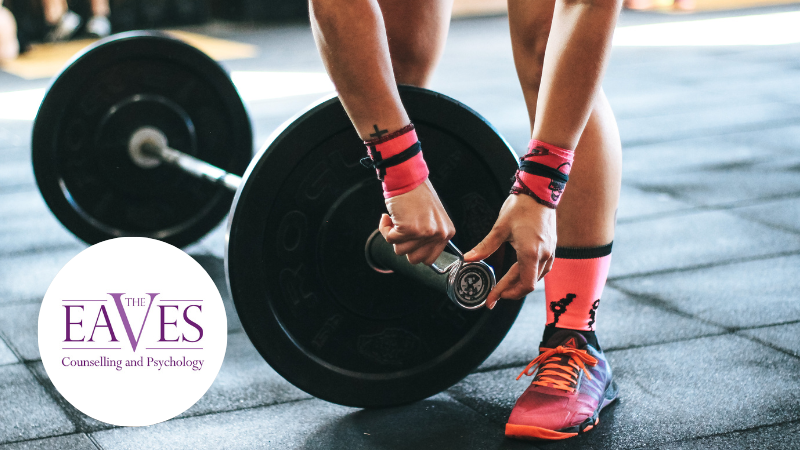The Mental Health Crisis Amongst Olympic Athletes
Only the most dedicated elite athletes can dream of making it to the Olympics. Success at the Games requires years of disciplined training, very little socialising and coping with immense pressure from the public. What is the cost of peak physical health on the mental health of Olympians?
What mental struggles do athletes have?
The International Olympic Committee (IOC) recently estimated that up to 45% of Olympic athletes experience anxiety and depression*. Many athletes are now speaking out to help lessen the stigma of mental illness for Olympians and civilians alike.
“Being an Olympian is advertised as this amazing thing, and they leave out all of the side effects, including eating disorders, depression, anxiety, and suicidal ideation,” Olympic figure skater Gracie Gold said in the 2019 HBO documentary The Weight of Gold**. “And then when all those side effects do happen, there’s nothing in play to help you.”
Why are Olympians suffering?
Several factors make elite sportspeople particularly vulnerable to mental illness:
- Focusing only on a single goal can mean that athletes lose their sense of identity outside of sport
- Many athletes experience post-Olympics blues after anticipating the Games for years
- Experiencing defeat in the public eye can be devastating
- The financial pressure of competing without sponsorships or support
Because of the strict training schedules, it can also be difficult for athletes to get help when they need it.
What is being done to help?
Statements from past and present Olympians have prompted the IOC and national Olympic bodies to take note and offer emotional support for their athletes. For the first time, Team Great Britain has a dedicated team of mental health professionals travelling with them to Tokyo****. Team USA has adopted a similar policy, while Australia will monitor the sleep cycle of some of their athletes for signs of stress.
For all of us, taking care of our mental wellbeing is just as important as our physical health. Our qualified therapists at The Eaves are available to provide support for many issues that might be affecting your mental health. Our professionals see individuals of all ages, families, couples and young people 12 hours a day, Monday to Saturday between 9 am and 9 pm. Please call 01483 917000 to speak to a member of the referrals team. You can also send us an enquiry via our website. Click here to find out more.
References
*Reardon CL, Hainline B, Aron CM, et al. Mental health in elite athletes: International Olympic Committee consensus statement (2019). British Journal of Sports Medicine 2019;53:667-699.

